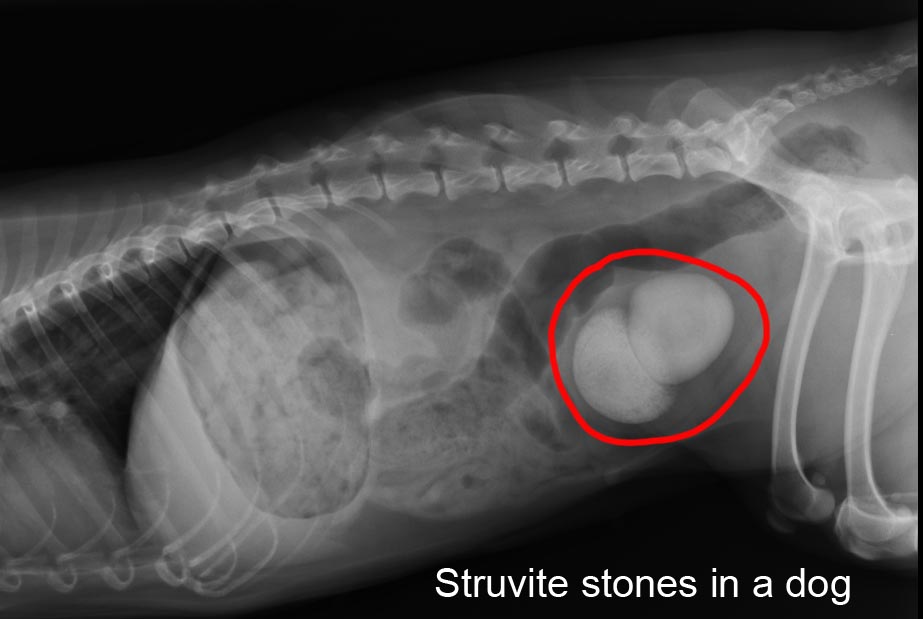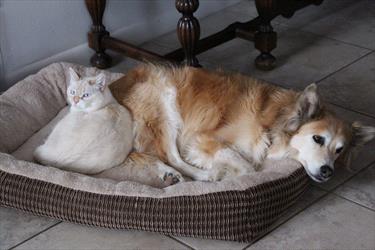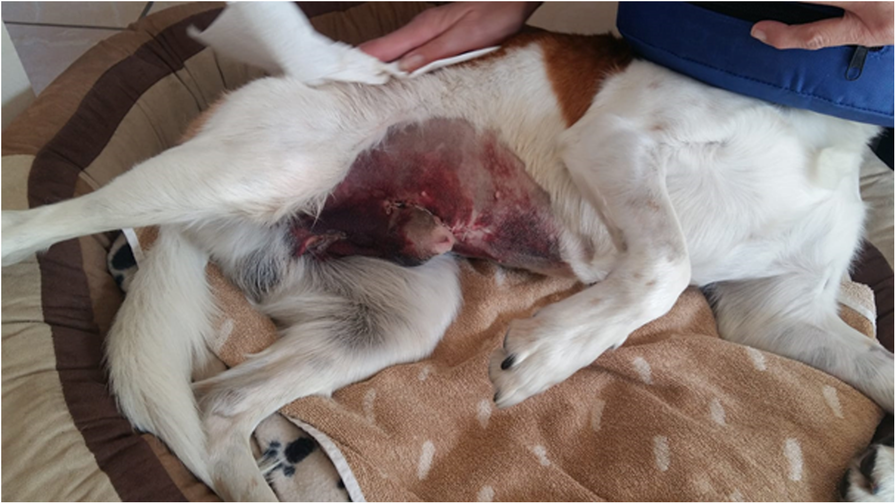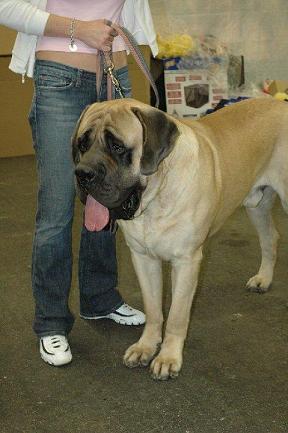Your veterinarian may be able to palpate the stones or may need to perform imaging studies such as a bladder ultrasound or a contrast radiographic study.
Cystine stones in dogs and neutering.
Cystine uroliths also referred to as calculi are stones within the urinary tract composed of the amino acid cystine a breakdown product of proteins.
Based on laboratory analysis of stones submitted to a national veterinary urolith center cystine uroliths were most commonly diagnosed in male dogs 98 while only 2 of the dogs diagnosed with cystine bladder stones were female.
Dogs affected by cystine stones i am assuming cystine as you didn t specify in your question but more information may be found about other stones on the link below may be given n 2 mercaptopropionyl glycine 2 mpg and a low protein alkalinizing diet to help raise the ph of the urine to prevent further urinary stone formation.
While bladder stones in general are somewhat common in dogs cystine bladder stones are rare.
When the stones are made up of cystine a normal compound found in the body they are called cystine stones.
While bladder stones in general are somewhat common in dogs cystine bladder stones are rare.
Urolithiasis cystine in dogs.
This is significant as lifelong feeding of a commercial prescription diet or home prepared therapeutic diet is very expensive particularly in large breed dogs.
Neutering castration in these cases may prevent recurrence of cystine uroliths removing the need for lifelong medical management.
Cystine bladder stones appear to be the result of a genetic abnormality that prevents a dog from reabsorbing cystine from the kidneys.




























